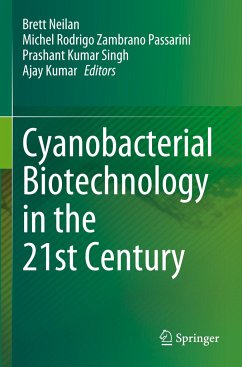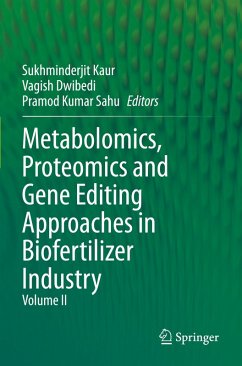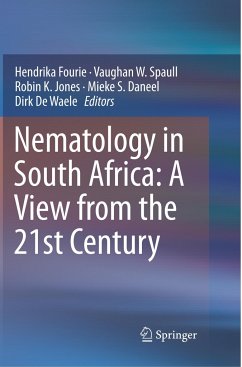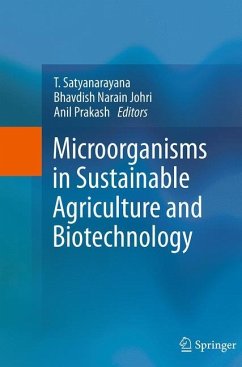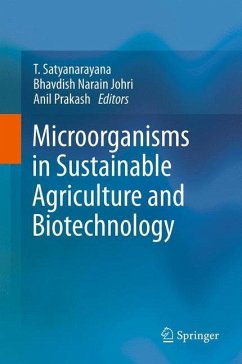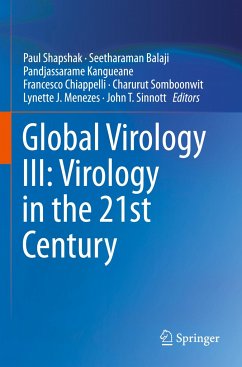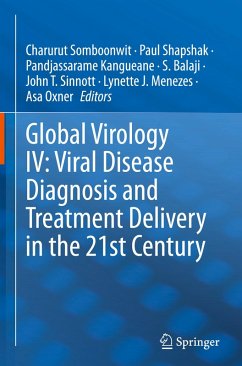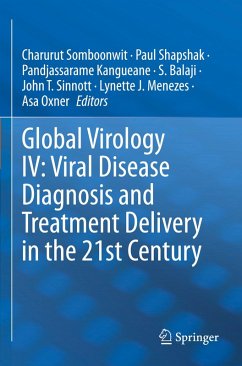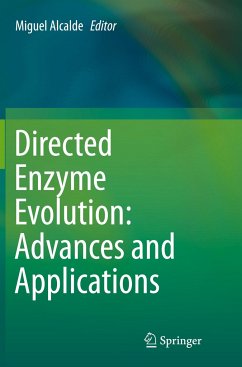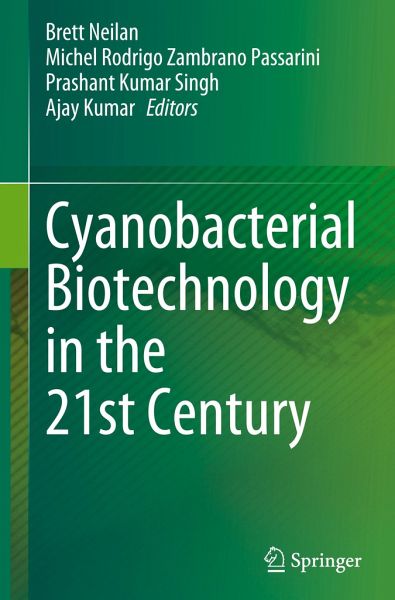
Cyanobacterial Biotechnology in the 21st Century

PAYBACK Punkte
68 °P sammeln!
This book covers recent advances in cyanobacterial research. It deals with diversity, evolutionary biology, stress physiology, molecular biology of stress responses, and biotechnology of this group of prokaryotes. Cyanobacteria are ubiquitous and, undoubtedly, agriculturally microorganisms in terms of carbon and nitrogen fixation. In addition, cyanobacteria have long been used to fertilize crops and are a source of protein for humans. In parallel with the advances in cyanobacterial research in the 21st century, the development and application of innovative techniques in molecular biotechnology...
This book covers recent advances in cyanobacterial research. It deals with diversity, evolutionary biology, stress physiology, molecular biology of stress responses, and biotechnology of this group of prokaryotes. Cyanobacteria are ubiquitous and, undoubtedly, agriculturally microorganisms in terms of carbon and nitrogen fixation. In addition, cyanobacteria have long been used to fertilize crops and are a source of protein for humans. In parallel with the advances in cyanobacterial research in the 21st century, the development and application of innovative techniques in molecular biotechnology has widened the spectrum of commercial applications and potential exploitation of cyanobacteria. This book will be of interest to both new and experienced researchers involved in cyanobacterial molecular biology, ecology, and industrial biotechnology. This collection of chapters from experts also serves as essential reading for undergraduate and graduate students of to understand the importance of cyanobacteria in agriculture, ecology, microbial physiology, and environmental sciences.





